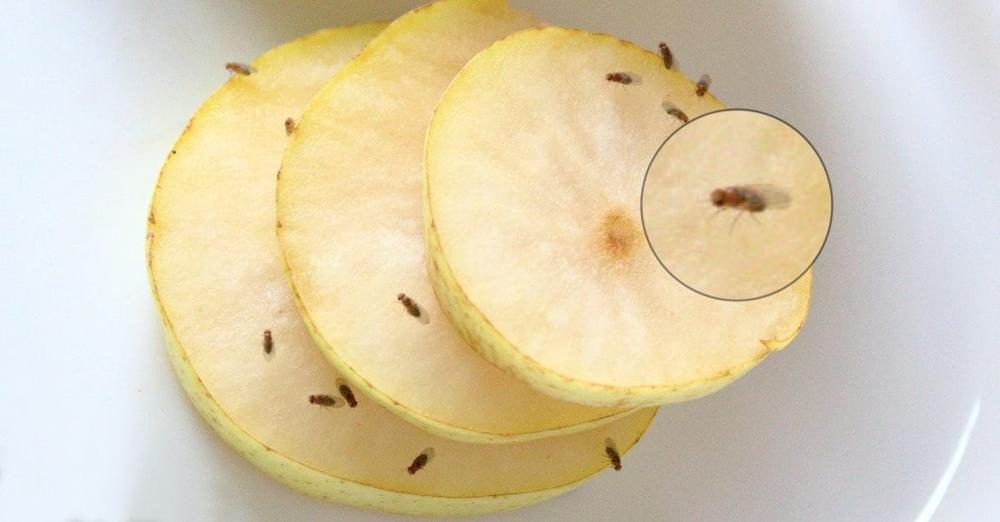What Happens If You Don’t Eat for a Day?
During a 24 hour fast, you can only consume calorie-free drinks such as water, green tea or black coffee. When the 24 hours is up, you start eating your normal diet until your next fasting day.
;Resize,width=742;)
You may have heard of the “intermittent fasting” diet craze that’s been sweeping the nation – it’s also called the “eat-stop-eat” approach.
During a 24 hour fast, you can only consume calorie-free drinks such as water, green tea or black coffee. When the 24 hours is up, you start eating your normal diet until your next fasting day.
Those who regularly fast using this method say it’s easier than cutting back on their daily calorie intake, as they are free to eat whatever they want (in moderation) on non-fasting days.
Intermittent fasting can have a positive effect on your cardiovascular health, insulin levels, and metabolism, but it can cause side effects in some people with certain medical conditions. You should always consult your doctor before going on a fasting diet.
What Happens to Your Body?

It takes your body a while to realize that you’re fasting, so for the first eight hours, it will digest your last meal, and use stored glucose for energy as normal.
After eight hours of fasting, your body will start to use your fat stores as energy, and will continue to do so for the remainder of your fast. If you go over 24 hours, your body may start to convert stored proteins into energy.
What Are the Benefits of Fasting?
There isn’t a vast amount of research on how intermittent fasting fully affects the body, but early research suggests there are health benefits to fasting:
• Weight loss – if you regularly fast for one or two days a week, it may help you eat fewer calories, as long as you don’t binge on your non-fasting days. Some people find this method far easier than cutting back on calories every day, and it’s a fairly flexible method of dieting. The energy restriction from a 24-hour fast could also benefit your metabolism.

• Sugar and cholesterol levels – Regular fasting could help improve the way your body breaks down sugar and cholesterol. These beneficial changes could help reduce the risk of conditions like diabetes and cardiovascular disease.

• Could help reduce the risk of coronary artery disease – When you fast regularly for 24 hours, it can help to reduce the levels of trimethylamine N-oxide levels over a long period of time. High levels of this substance are linked to coronary artery disease, so this may reduce the risk.
• Other benefits – intermittent fasting could also help to reduce inflammation, reduce the risk of some cancers, and could help protect against Alzheimer’s and Parkinson’s disease.
Are There Any Risks or Side Effects?
There may be side effects to intermittent fasting, and it may increase the risk of complications to an existing condition. It’s very important to talk to your doctor is you have underlying health issues.
You should avoid fasting if you:
• Are pregnant or breastfeeding • Have type 1 diabetes • Are under 18 • Are recovering from surgery • Have a current or past eating disorder

Fasting more than twice a week could increase your risk for hypoglycemia and heart arrhythmia.
You Will Need to Drink Extra Water While Fasting
It’s very important to stay hydrated during your fast, and as you won’t be consuming any water from food at this time, you need to drink more water than usual. The amount of water will vary depending on your activity level, the weather, and it can be different from person to person.
Let your own thirst be your guide as to how much water you should be drinking.
How to do Intermittent Fasting the Right Way
The flexibility of 24-hour fasting means you can fast whenever you choose, as long as you’re prepared for the fasting day in advance.
Before you fast, you should consider eating healthy and nutritious food, such as:
– High protein foods, such as nut butters, beans or eggs
– Dairy products, such as Greek yogurt
– Fruits and vegetables
– Whole-grain starches

High fiber foods will help you to feel fuller for longer after your pre-fast meal, and fruits and vegetables will add extra water to your body.
Once your fast is over, continue to eat healthily, and avoid over eating. You can have a snack or light meal after your fast ends if it helps you to ease back into regular eating.

Intermittent fasting can work, and works very well for some people. It may have health benefits, but at the same time there could be risks. Always take your doctor’s advice on this type of fasting, as the side effects could be quite severe for people with certain conditions.
;Resize,width=767;)
;Resize,width=712;)
;Resize,width=712;)
;Resize,width=712;)
